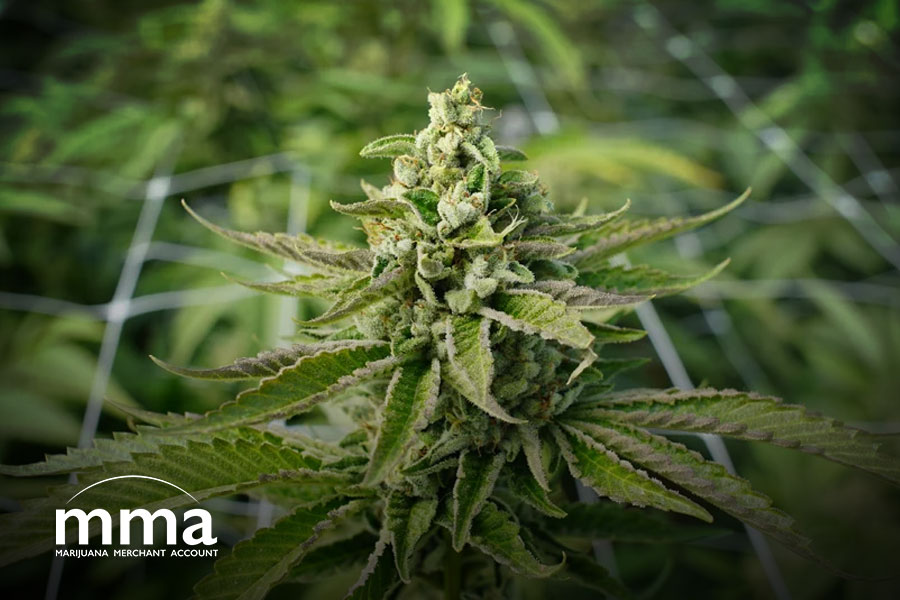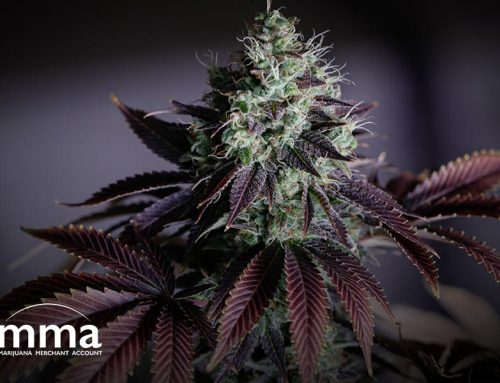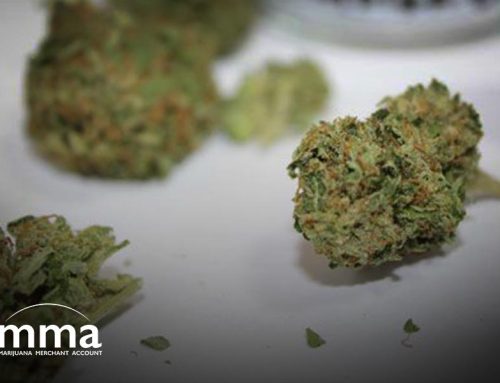More movement. The move for marijuana reform is charging ahead, despite the recent postponement of a vote in the U.S. House of Representatives. The vote is monumental; this vote, if passed, will remove marijuana from the federal Controlled Substances Act. The social justice component, promoted heavily at the state-level, serves as a means of providing a long-overdue push for a federally-legal marketplace. In other words, the postponement of the MORE Act is not likely to slow marijuana reform.
While disappointing, the fact that the vote will have to wait until after the November elections are over isn’t a sign that marijuana reform is winding down. Far from it, in fact. The House is anticipated to remain under the control of the Dems. Lobbyists working on behalf of the cannabis industry report that reform moving ahead — which in this context means descheduling marijuana while adding a social justice twist to the mix — is setting the stage for enormous opportunities for the burgeoning industry, this time on a nation-wide scale.
The vote
While the House aims to vote on the Marijuana Opportunity Reinvestment and Expungement (MORE) Act by the end of 2020, the chessboard is being strategically arranged for the Senate to make a similar move by 2022. Industry experts and advocates hope that control of the Senate switches from Republican to Democratic control in November. The Act bridges the gap between conflicting state and federal marijuana laws.
The Act
The MORE Act would usher in a new era of cannabis legalization. Specifically:
- Bring legalization of marijuana on par with that of hemp, as legalized federally in 2018.
- Continue to let states regulate their own commercial marijuana programs.
- Assess a 5% federal retail sales tax on marijuana products.
- Funnel tax revenue to social justice programs, benefiting those most affected by the war on drugs.
The players
Big political names have their hat in the ring for federal marijuana reform. Vice presidential nominee (and California Senator) Kamala Harris is the lead sponsor of the Senate’s MORE Act. Harris will be a crucial influence on the topic, even more so if Joe Biden is elected president in November.
Likewise, vocal Senate Democratic Leader Chuck Schumer (New York) is expected to push to advance the Marijuana Freedom and Opportunity Act — which would deschedule marijuana — if the Senate falls under the control of the Dems. Like the MORE Act, Schumer’s bill includes a social justice piece and would remove marijuana from the federal Controlled Substances Act.
November is just around the corner, and with that, the election. While Joe Biden has been relatively neutral on the topic of federal legalization of marijuana, experts are hedging their bets that if Congress legalizes marijuana on a national scale, Biden will fall in line with the party.












